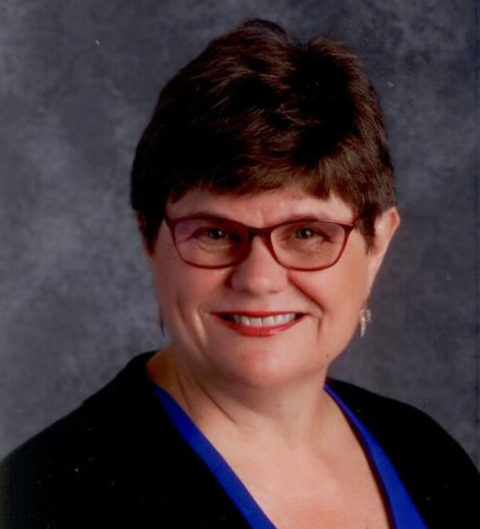“The best part is seeing a student’s face glow with a sense of accomplishment as they master a skill, be it soft or related to equipment and tools, that brings them one step closer to the adult world and being pioneers in their own right. They make me proud to be a small part of that growth process.”
As an industrial technology student in the 1980s, Henrietta Jutson sported a pink toolbox, designed for embroidery tools. That toolbox traveled with her as she earned a bachelor’s degree in industrial technology, a master of education in technology education and several industry certifications—and she still uses it today.
After holding a variety of jobs, like school librarian and line manufacturing supervisory assistant, Jutson began teaching industrial systems technology at Jack Britt High School in Fayetteville, North Carolina, combining hydraulics, pneumatics and electrical components in her curriculum. Jutson keeps her classes tightly connected to local community colleges, not only by aligning her curriculum, but also by ensuring that one nearby college tailor its curriculum to serve her graduating students.
In the shop, Jutson strives to create a culture of exploration and experimentation. Her first-year students develop and construct their own inventions, presenting them to the local business community, and her third-year students select their own entry-level engineering job problems to solve. A recent example found students building pallet storage that would allow the oldest pallet to be pulled easily from a stack. At the suggestion of a student, Jutson also gives her students the chance for “do-overs” when they figure out why a project didn’t work.
Jutson extends her support beyond the classroom—she even earned a bus driver’s license so she could take students to visit local companies and compete in tournaments. She regularly invites inspiring speakers to campus, from an engineer with General Electric to a herpetologist to a systems analyst with the U.S. Navy. Students in her classes not only plan for their own careers after high school—they also help each other, fundraising to provide scholarships for their fellow students. Jutson’s graduates go on to a diverse range of careers, from electrician to engineer at Apple, and she cultivates long-lasting relationships with alumni.
Jutson is a lifelong learner. She has received a William R. Kenan Fellowship for teacher leaders at Penland School of Craft (affiliated with the University of North Carolina School of the Arts), an Energy Literacy Fellowship, a year-long professional development program (affiliated with the University of North Carolina Institute for the Environment), and she is a National Board Certified Teacher. Jutson was a finalist for the 2018 Harbor Freight Tools for Schools Prize for Teaching Excellence.
“I want my students to realize the impact they can make now and in the future by sharing their voice. By focusing on creating instead of consuming, my students will have the opportunity to collaborate vertically and learn, via creation, postsecondary skills to benefit them in the future.”
